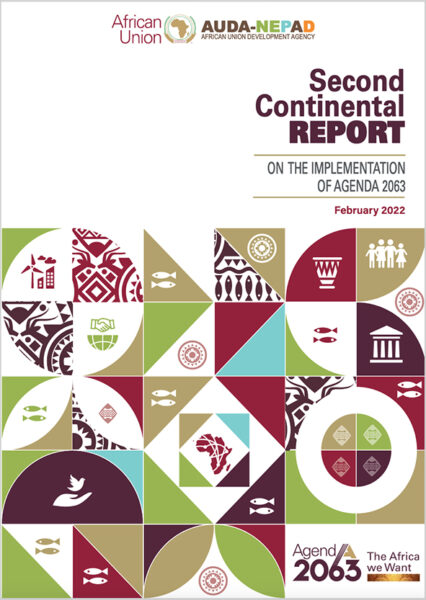The impressive economic growth of China and its increasingly important place in international trade are much discussed in the media, business circles and even by Western governments. How can a country governed by an authoritarian communist regime become part of the market economy without major problems and flourish in it? This question applies to China, the most striking example, but also to Vietnam, its Asian alter ego.
Philippe Delalande analyses here how the Chinese and Vietnamese economies are adapting to the market. In particular, he shows how the Communist Party in both countries is trying to renew its legitimacy with the public in order to be able to continue to foster economic growth, and how it is opening itself up to national economic pressures so as to incorporate them in policy decisions and ultimately to control them better. Furthermore, he stresses the way in which both countries “make use of free market globalisation without submitting to it” (and angering their trading partners). Finally, he highlights the essential positive feature of both authoritarian regimes: the long-term confidence that allows them to embark on ten-year development strategies for tackling major issues such as energy, infrastructures and education…
Although this alliance between communism and the market economy is acrobatic as well as disturbing for Western commentators, it appears to work, says Philippe Delalande, and could indeed last longer than some people expect.
Communism and the Market Economy in Asia. Will China and Vietnam Have to Change the Way they Manage their Economies?
Cet article fait partie de la revue Futuribles n° 311, sept. 2005



